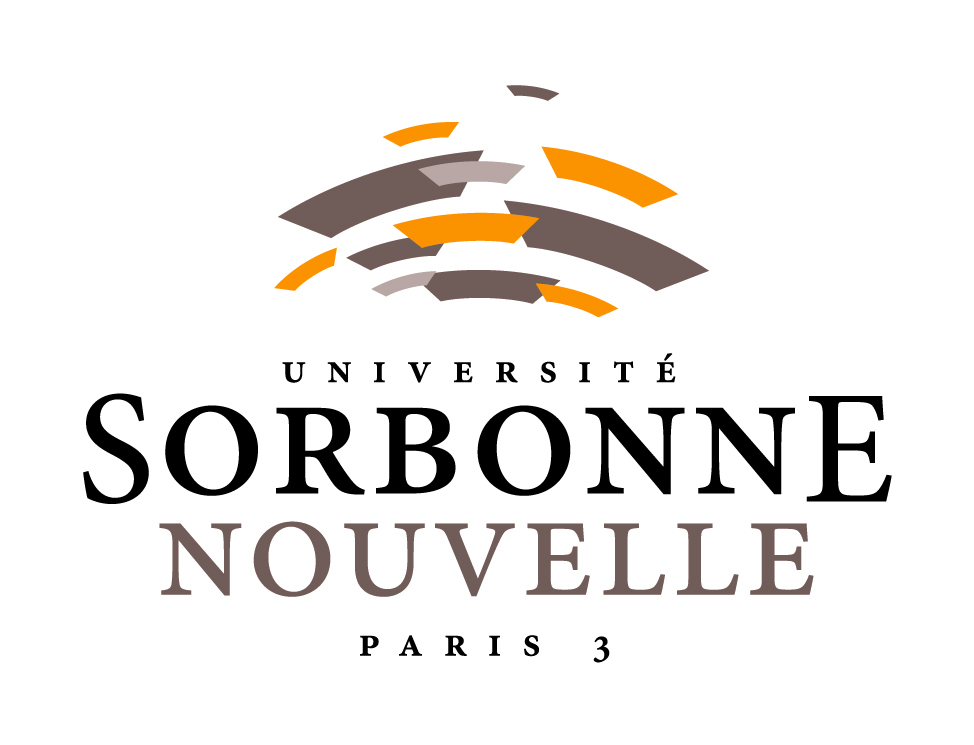Actes des 16èmes Rencontres Jeunes Chercheurs en Sciences du Langage
Modèles et modélisation dans les sciences du langage
Paris, 30-31 mai 2013
Créées en 1998, les Rencontres Jeunes Chercheurs de l'École Doctorale « Langage et langues» (ED 268, Université Sorbonne Nouvelle) offrent la possibilité aux jeunes chercheurs inscrits en Doctorat ou en Master Recherche de présenter leurs travaux sous forme de communication orale ou de poster.
Thème
Comment appréhender la diversité du réel sans chercher à la structurer et à formuler des règles supposées expliquer ou du moins décrire son fonctionnement ? Comment comprendre un phénomène sans d’abord en concevoir des fonctionnements possibles ? Même si le recours à une réalité idéale ne suffit pas toujours à la compréhension d’un phénomène langagier, d’un fonctionnement psychologique ou encore d’une stratégie cognitive, la construction et l’exploitation de modèles apparaît souvent nécessaire. Tout comme apparaît nécessaire la remise en cause et la révision de ces représentations, afin d’appréhender des réalités plus nuancés.La diversité des disciplines regroupées sous l’intitulé « sciences du langage » encourage à envisager le terme de « modèle » dans des acceptions bien différentes. Par exemple, un psycholinguiste proposant un modèle pour rendre compte de la réalité cognitivo-psychologique du lecteur ne voit pas la notion de modèle de la même manière qu’un sémioticien quand il parle de « lecteur modèle » (Eco, 1985). De même, les modèles syntaxiques n’ont pas la même fonction en traitement automatique des langues qu’en linguistique descriptive.
La multiplicité des approches adoptées par les différentes disciplines engage à interroger non seulement la notion de modèle, mais aussi la modélisation des données langagières, que ce soit à des fins descriptives, explicatives ou prédictives. On peut donc s’intéresser aux différentes définitions du modèle, et se pencher sur leur mise en pratique, leur potentiel transdisciplinaire et leurs éventuelles transformations.
On peut aussi s’interroger sur la pertinence et les limites de ces modèles, voire de la notion même de modèle. Selon les approches des chercheur-e-s, le modèle peut ainsi être perçu comme une nécessité ou comme un obstacle, comme un indice de rigueur ou comme un biais scientifique. S’agit-il d’un carcan théorique auquel les données empiriques doivent s’ajuster ? Ou s’agit-il d’une construction sans laquelle la dynamique et le fonctionnement d’une réalité seraient impossible à appréhender ?


